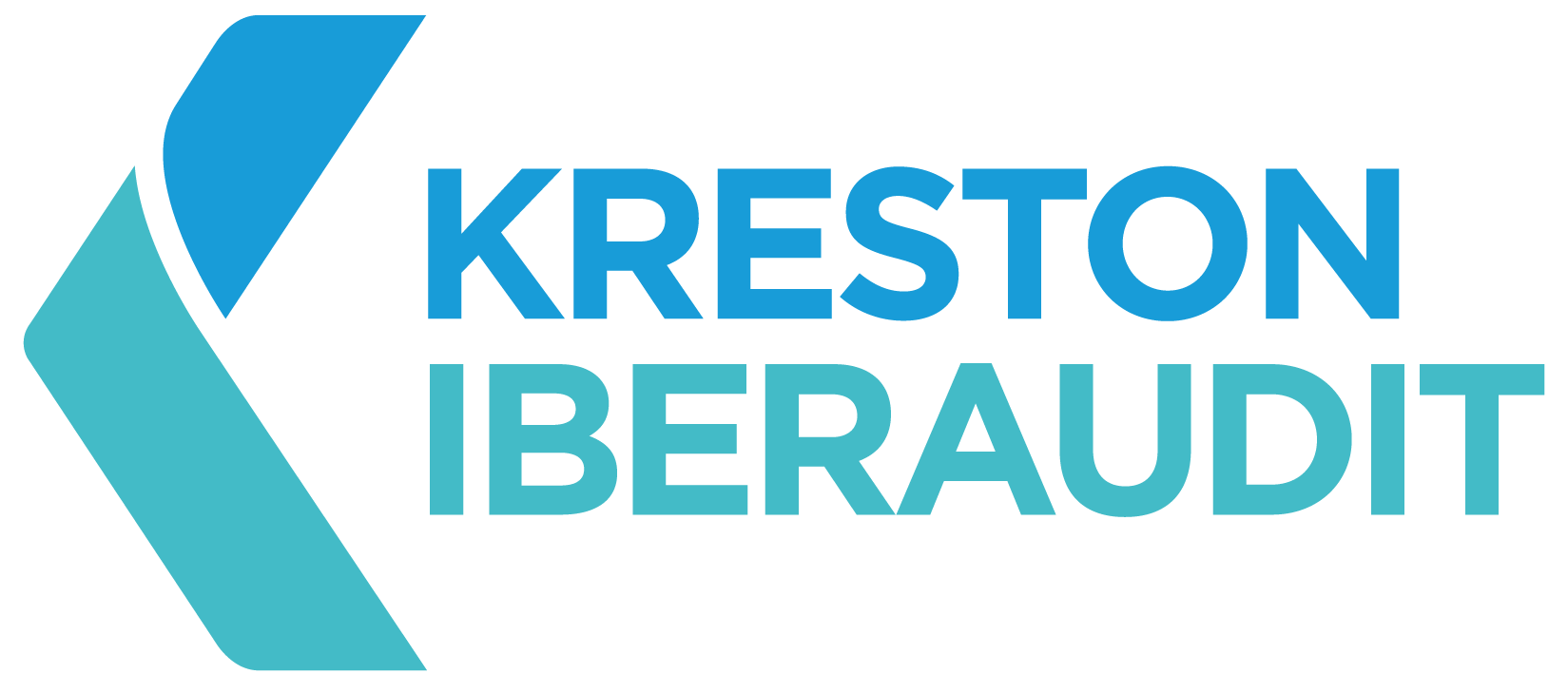Criminal Code Compliance: More than a requirement.
A few days ago, at dinner with friends, a comment from a good friend and professional caught my attention: as a result of the reform in the Criminal Code, she was considering resigning her place on a Board of Directors.
This was due to the fact that the consequences and responsibilities arising from the latest regulatory amendments, including the latest reform of the Corporate Enterprises Act, are highly significant and only acceptable when you can demand serious, reliable information. The law requires administrators to be suitably dedicated and to bear in mind that “When fulfilling their duties, directors have the right to demand and seek from the company, the appropriate information necessary for them to complete their obligations.”
As with all regulatory changes, this is a consequence of social change. Our values regarding these matters are changing and the law is attempting to reflect this. The consequences if it fails to do so can entail not only financial responsibilities, but also those of a criminal nature for the companies as well as their managers and directors.
Establishing and accrediting a system or model to prevent criminal risk may be considered exculpatory or mitigating circumstances for a company’s criminal liability. However, criminal compliance models should be more than a mere requirement to cover the record and avoid criminal liability, as the Attorney General indicates in his memo dated last January: they should be a reflection of the culture of the company and its representatives.
The Criminal Code itself establishes the requirements that must be fulfilled by the prevention model and its accreditation in order to determine the framework for exculpation or mitigation of the company’s criminal liability, and that of its directors and managers. Firstly, it indicates that they must identify activities under the scope of which the offenses that must be prevented could be committed, i.e., it is essential to make a specific risk map for each company taking into account its activity Click & Tweet! , organisation and specifications.
Standards valid for all models must be avoided and the will of the company to establish a culture of ethics and responsibility must be ensured. This idea was reinforced by the memo from the Attorney General, which provides guidelines to assess the effectiveness of the models.
As I said to my friend, the point is not to leave the Boards of Directors, because it is necessary to have capable people with proper knowledge of the business, as she does. To the contrary, we don’t have to take the reforms of the Criminal Code as a signal to stop supporting companies, but as an opportunity to try to implement in them measures that make them more consistent with what a company should be in this century.
Criminal Code compliance is more than a requirement. Click & Tweet!


